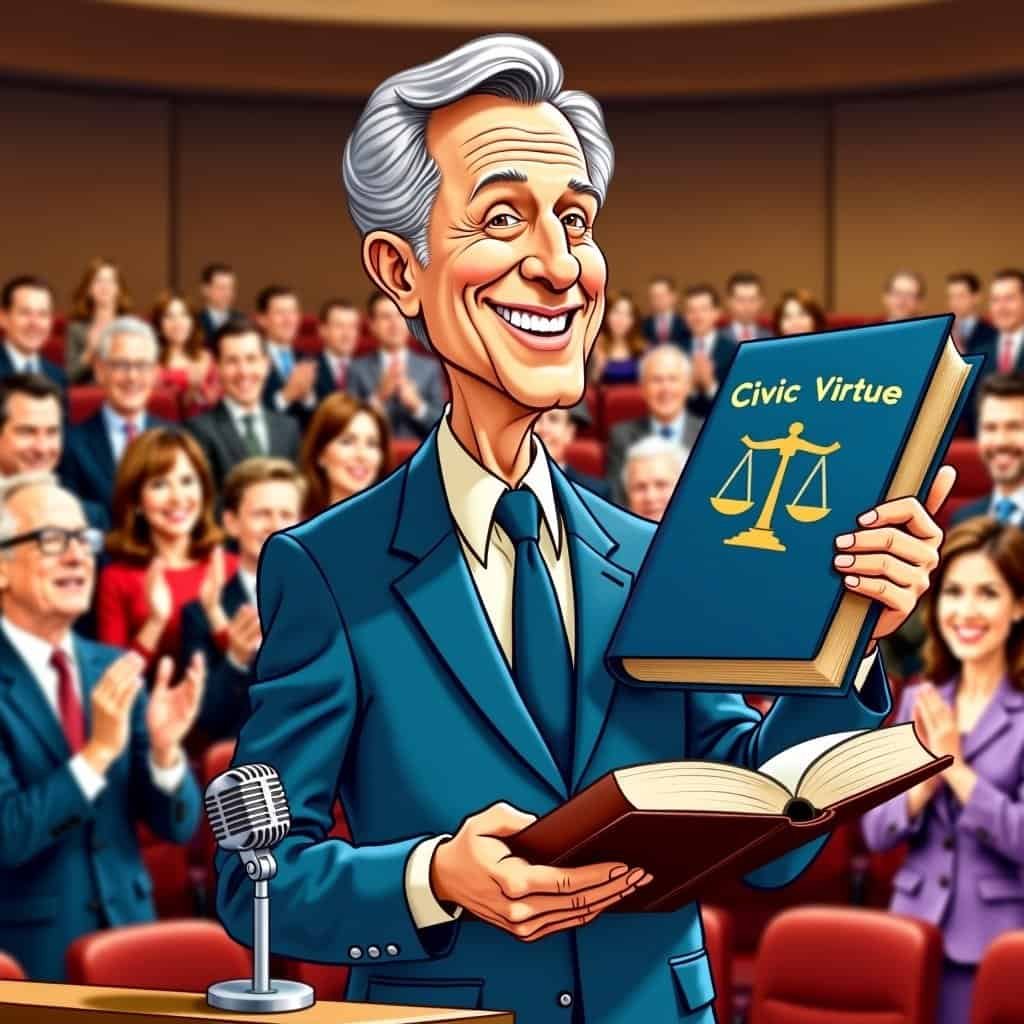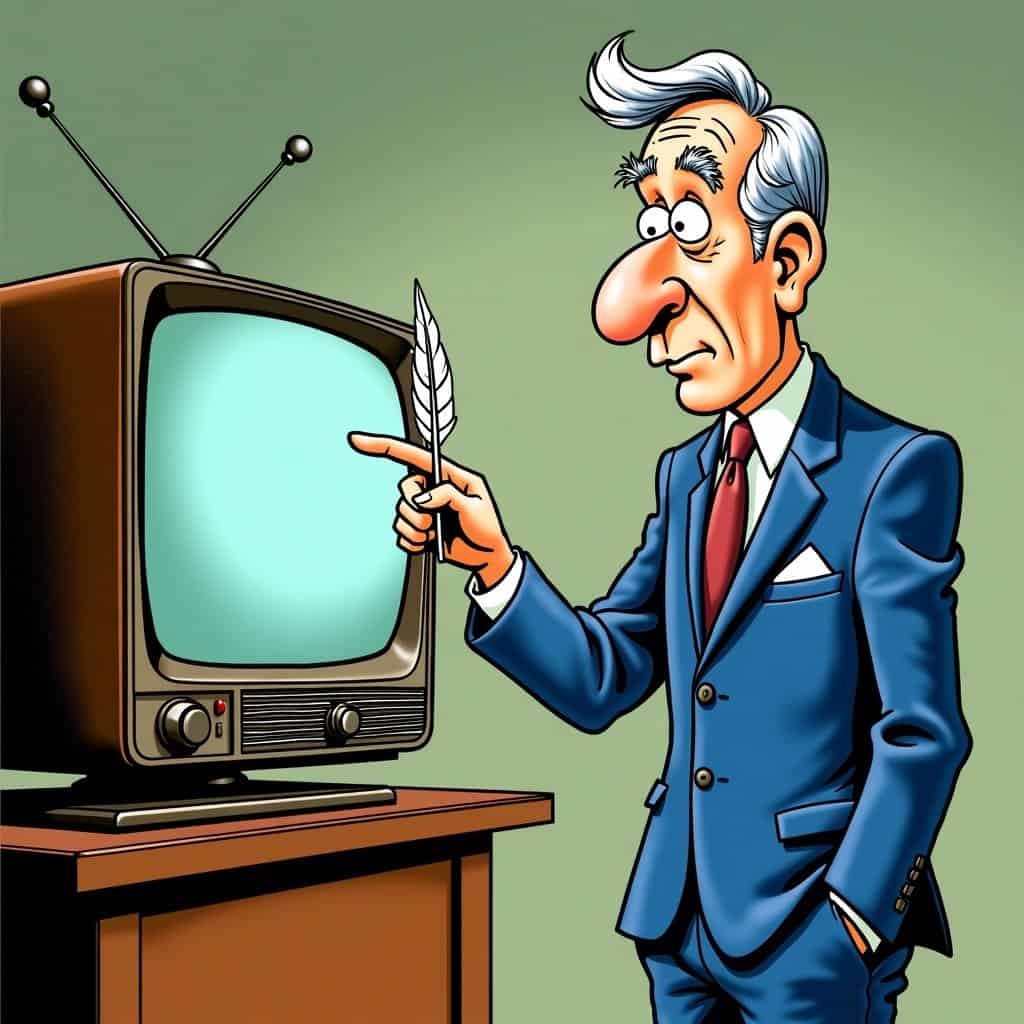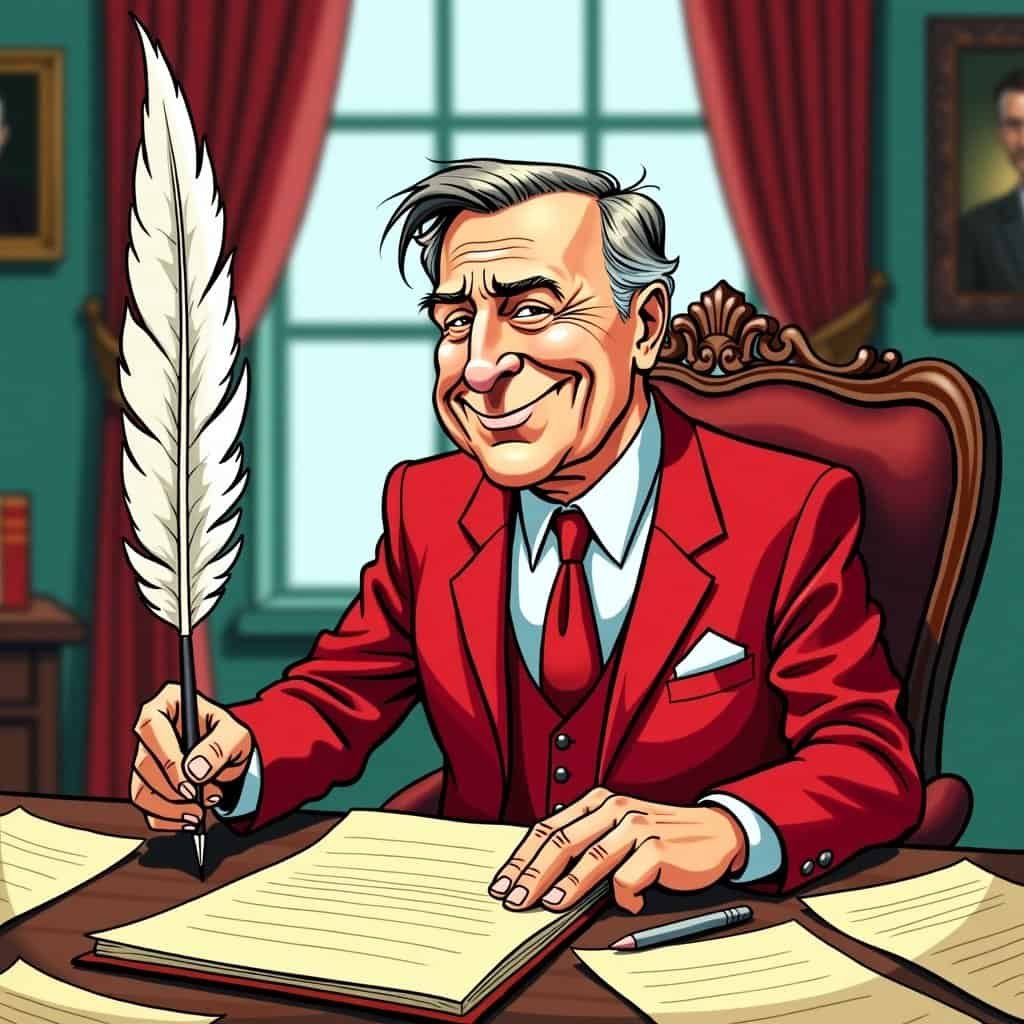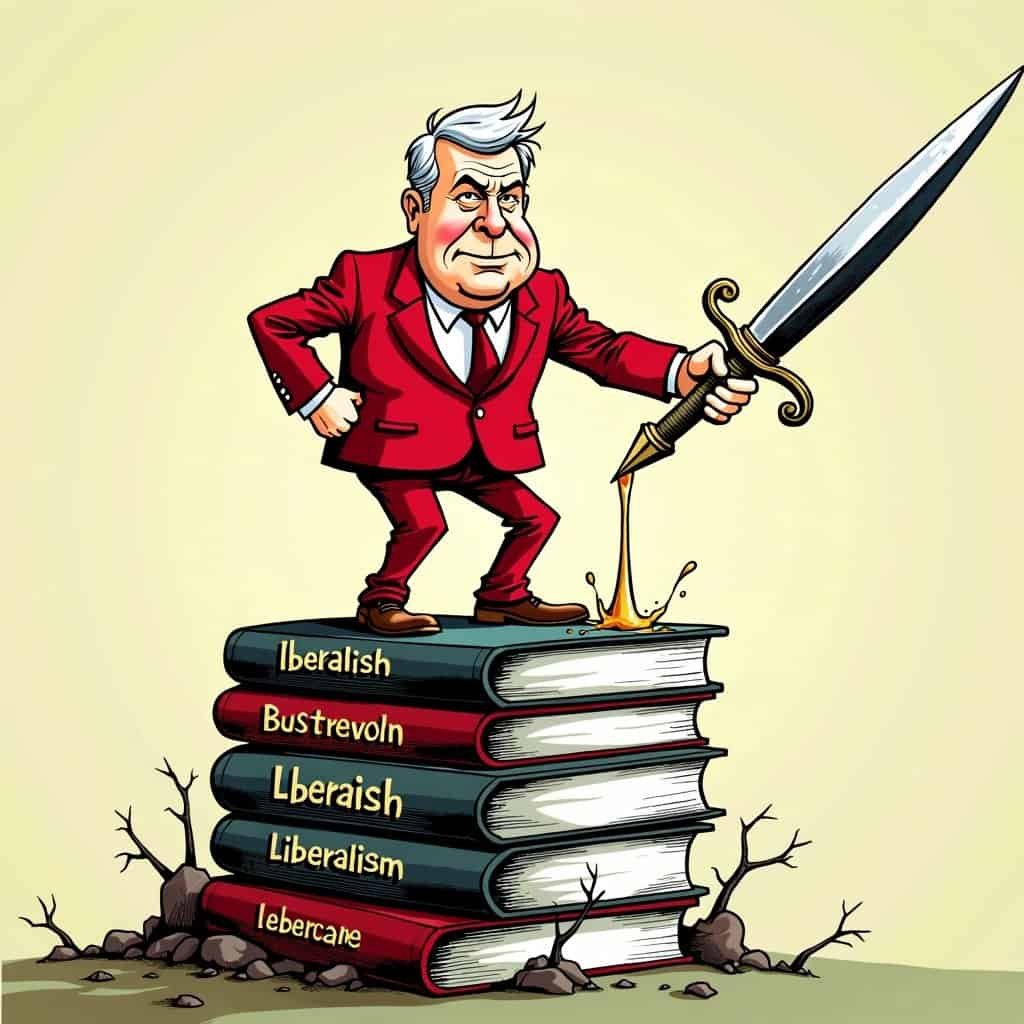When discussing the promotion of civic virtue, one name that shines with a conservative sparkle is William F. Buckley Jr. Buckley didn’t just participate in the highbrow sport of political debate—he invented it. Picture Buckley eyeing his guests on Firing Line with that playful glint. He turned the blend of wit and intellect into the perfect arena for promoting civic virtue through lively discussions.
Buckley’s flavor of conservatism wasn’t just a political view—it was a way of life, like choosing a tennis racket over a protest sign. In Buckley’s world, promoting civic virtue meant championing personal responsibility and smaller government, a belief that the federal giant wasn’t always the legendary hero but sometimes a well-meaning but overreaching beast.
Now, imagine Buckley in today’s political circus—a place with more hashtags than history books. The idea of civic virtue today might have him chuckling through his monocle. Yet his wisdom remains spot-on: nurturing individual responsibility and grasping the value of a balanced, involved citizenry.
Buckley’s Take on Civic Virtue
| Conservative View | Progressive View |
|---|---|
| Limited government intervention | More government involvement |
| Personal responsibility | Collective responsibility |
| Equality of opportunity | Equality of outcome |
| Self-reliance | Social safety nets |
Let’s break it down. Civic virtue, in conservative eyes, begins at home. It’s where you teach your kids the Pledge of Allegiance and the worth of a hard-earned dollar. Buckley would say that a small government should empower citizens to chase their version of happiness without Uncle Sam poking into every corner of their lives. He’d stress that a thriving nation depends on self-sufficient individuals who contribute to society because they want to, not because they have to.
Compare this to what our progressive pals might say. Their take on civic virtue often involves government stepping in to spread wealth and ensure everyone ends up equal. Sure, their hearts are in the right place, but Buckley would argue, with a raised eyebrow, that this approach kills innovation and industry. He’d remind us that while government can offer a boost, it shouldn’t become a crutch.
Modern Relevance of Buckley’s Ideas
So, where does this leave us? A good starting point is grasping Buckley’s witty but firm stance: promoting civic virtue is about creating a society where citizens aren’t just along for the ride but active players. They’re informed, they debate, and they respect different opinions without turning to the online version of a bar fight.
In a way, Buckley’s promotion of civic virtue has never been more crucial. In a digital world where everyone has a megaphone, the principles of respectful discourse and self-reliance could use more airtime. Imagine it: fewer viral shouting matches, more thoughtful debates with a sprinkle of Buckley’s playful yet deep wit. Now that’d be a sight!
Memorable Buckley Quotes
“I will not cede more power to the state.”
This isn’t just a catchy phrase; it’s a rallying cry for conservatives who believe in the power of community and individual initiative. Promoting civic virtue is the idea that a well-informed, self-governing population can do great things without constant oversight from a paternalistic state.
So, next time you ponder the state of civic virtue today, channel your inner Buckley. Critique, argue, joke, and always aim for a society where responsible citizens take charge. Remember, it’s not just about keeping the government in check; it’s about keeping ourselves in check too. And that, in the end, is the purest form of civic virtue.






